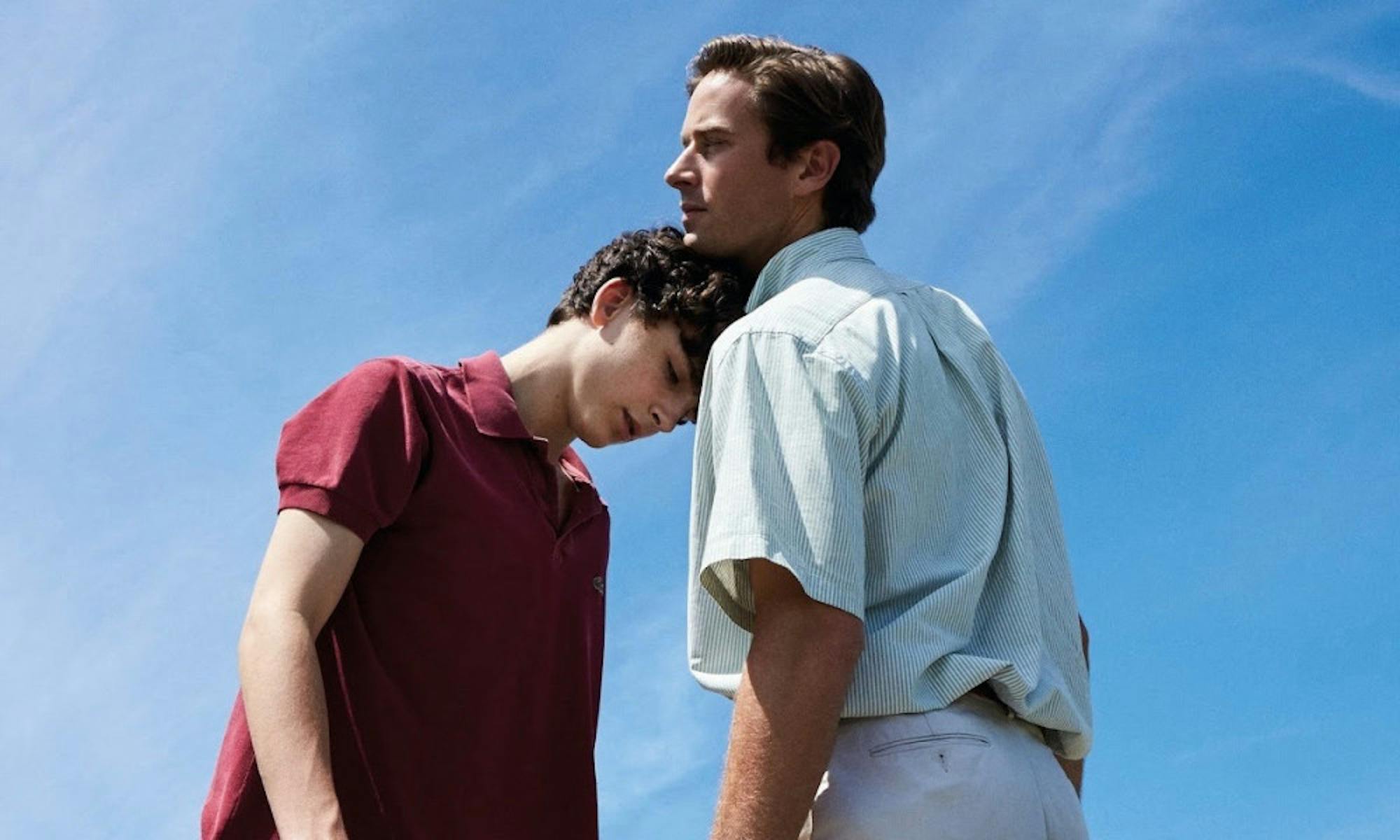While last week’s Academy Award nominations brought the usual tumult of snubs and surprises that moviegoers love to argue over year after year, something about them felt different. Perhaps because Hollywood has been doing some much needed self-reflection in the wake of the #MeToo and #TimesUp movements (not forgetting #OscarsSoWhite of 2015 and 2016), or because this year’s crop of films and performances are unique in their own right, these nominations didn’t shock and anger so much as inspire faith (and genuine excitement) in the Academy and what it represents.
For her work on Dee Rees’ “Mudbound” (2017), Rachel Morrison made history, becoming the first woman cinematographer to ever be nominated for an Oscar. Morrison has filmed other buzzed-about movies, including Ryan Coogler’s breakout hit “Fruitvale Station” (2013) and his much-anticipated superhero picture, “Black Panther,” but had never received such a nomination from the Academy.
While Dee Rees did not receive a directing nomination for “Mudbound,” the best director category did break from its typical all-male mold; first-time feature director Greta Gerwig was nominated for “Lady Bird” (2017), becoming only the fifth woman to ever receive the honor. This came as something of a pleasant surprise to most, since Gerwig wasn’t in the running for either the Golden Globe or BAFTA for directing. The same goes for Jordan Peele and “Get Out” (2017), the high-grossing and critically acclaimed horror about race in America that was largely overlooked by other award shows this season. Gerwig and Peele are both first-time directors telling fresh stories with style, and their best director and best picture nominations are more than deserved.
Additionally, Gerwig, Rees, Vanessa Taylor and Guillermo del Toro of “The Shape of Water” (2017) and Emily Gordon and Kumail Nanjiani of “The Big Sick” (2017) all received nominations for their screenplays. Seeing this kind of female and POC representation in non-acting and technical categories is incredibly refreshing, if not a too-little-too-late scenario from the Academy.
Beyond their more diverse nominee pool, these Oscars are notable simply for the kinds of movies and performances that they’re recognizing as worthy of celebration. Of course, historical dramas and biopics like “The Post” (2017), “Dunkirk” (2017) and “Darkest Hour” (2017) are awards fodder and obvious picks for best picture. The Academy loves a measured WWII movie placed alongside a different, splashy WWII movie, and everyone loves Steven Spielberg and Meryl Streep. But how often have voters recognized movies that aren’t filled to the brim with tragedy, violence and moralizing or collective nostalgia?
“Lady Bird” tells the story of one regular young woman growing up in Sacramento, fighting with her mom and grappling with her dreams. “Call Me By Your Name” (2017) is an artful, intimate queer romance, free of the tragedy that usually occupies so many LGBTQ films we deem “worthy.” Even “Get Out,” while violent and allegorical, is a darkly comic, timely and scary story unlike one that’s been told before. The Academy’s recognition of these films, which is certainly influenced by the expansion of independent production companies into the mainstream, could mark a turning point for the way we talk about and celebrate movies in the future.
Of course, the nominations couldn’t — and didn’t — hit every nail on its head. “The Florida Project” (2017) came up short of a best picture nomination, confusing many critics who considered it to be the best film of the year by far, and Armie Hammer and Michael Stuhlbarg both failed to receive best supporting actor nominations for “Call Me By Your Name.”
The controversial “Three Billboards Outside Ebbing, Missouri” (2017) swept the Golden Globes, but things could go very differently in March; the Oscars snubbed director Martin McDonagh and introduced Paul Thomas Anderson and “Phantom Thread” (2017) into the mix for best director and best picture, respectively. James Franco was also notably snubbed for his role in "The Disaster Artist" (2017) following sexual misconduct accusations, indicating that Academy voters may have actually been listening to #TimesUp activists.
Regardless of what happens at the ceremony, these nominations alone speak to the broadening and diversifying of Academy minds as to what truly great movies can be. Here's hoping the trend continues.
The 90th Academy Awards will air on March 4 at 8 p.m. on ABC.
Oscar nominations are a refreshing, necessary change of pace

Timothée Chalamet and Armie Hammer in the Oscar-nominated film 'Call Me by Your Name' (2017).





